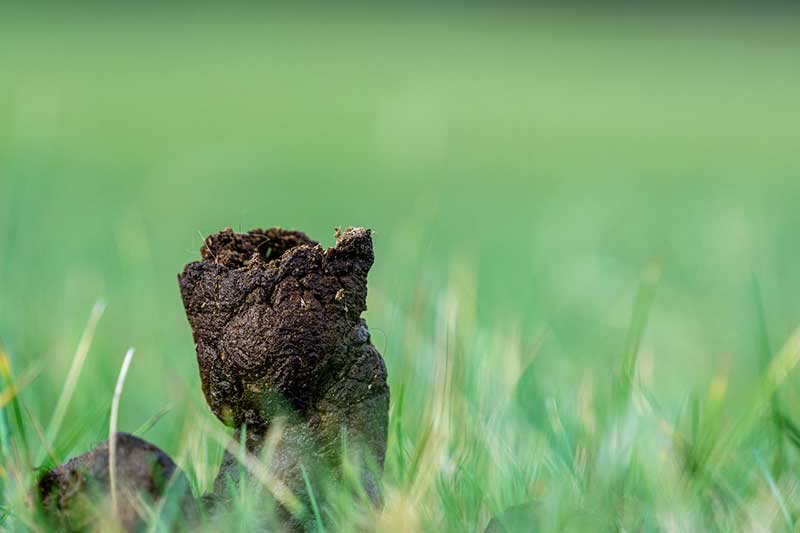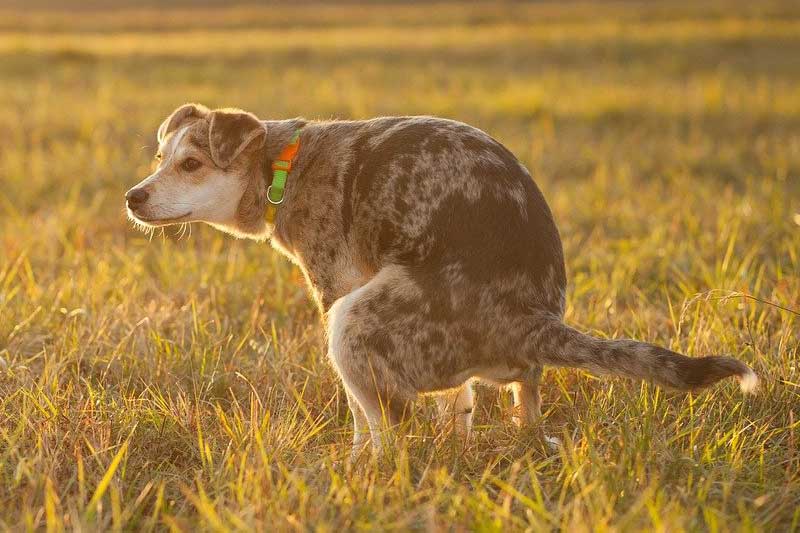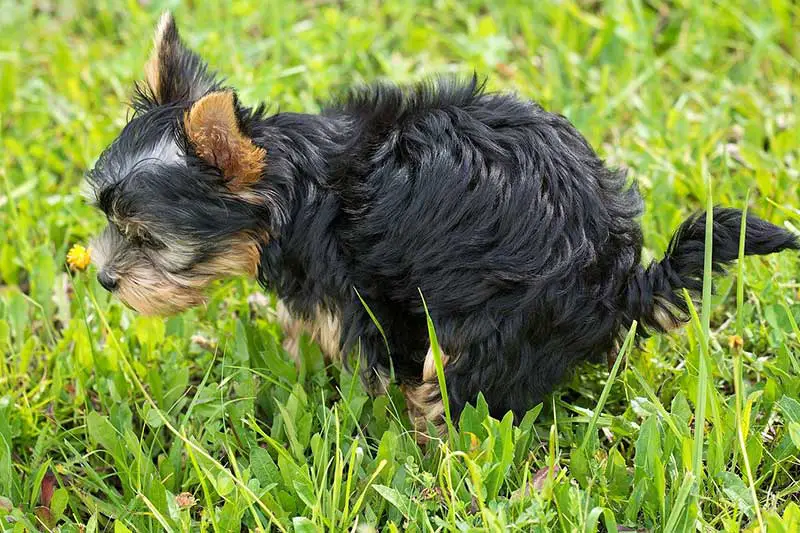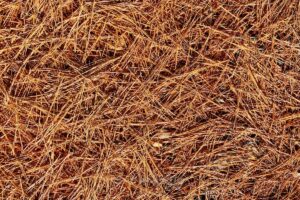This page may contain affiliate links. If you click and buy, we might get a small commission at no cost to you.
Dog poop is something that dog owners have to contend with. After all, everyone poops, and your dog is no exception. One thing you may be wondering is how long does it take for dog poop to decompose? On average, it takes about 9 weeks for dog poop to decompose, although this time frame can vary depending on several factors.
How long does it take for dog poop to decompose?
While the exact time frame for decomposition varies greatly, it typically takes about 9 weeks for dog poop to decompose. Things like the weather, temperature, and size of the feces all affect this time frame. Weather that is warmer, for example, will speed up the decomposition process, while colder temps slow the process down. In some instances, it can take up to a year for dog poop to decompose.
How can I speed up the decomposition of dog poop?
Sprinkling gardening lime over the dog poop will help to speed up the decomposing process. While lime will cause the dog poop to decompose in a matter of days, it doesn’t come without its own obstacles. Too much lime can cause issues with your yard and plants, just as dog poop can damage yards.
Excess lime can result in yellowing leaves or grass blades, and can even stunt the growth of the plant. Gardening lime is also extremely caustic, so you will need to ensure your pets do not come in contact with it. The use of gardening lime is best left for extreme situations, such as a yard full of dog poop, and not used as a regular method of dealing with dog waste.
If you do use lime to decompose dog poop, make sure to follow the instructions listed on the bag of lime. This will also require wearing proper safety gear when using, such as long sleeve shirts, safety glasses, and gloves.
Does dog poop contain bacteria?
Dog poop is considered a biohazard and contains various bacteria that can be harmful to both humans and animals alike. In fact, a mere one gram of dog poop can contain as much as 23 million fecal coliform bacteria! And this bacteria can contaminate waterways and result in serious illness to humans.

Along with bacteria, dog poop can also contain dangerous parasites. Roundworms, whipworms, parvo, hookworms, coccidia, trichinosis, and giardia are just a few of the parasites transmitted through dog poop.
What to do with dog poop in your yard
The best way to eliminate dog poop in your yard is to remove it when your pooch uses the bathroom, using tools like this. Immediately removing the poop will help prevent the waste from building up in your yard. While this is the best way to keep dog waste under control, it is not always easy.
This is especially true if you have a physical disability or are just too busy with other things. Whatever the reason, if you cannot clean up the waste in your yard, there are businesses who you can hire to clean up the waste for you.
Here are some common ways people dispose of dog poop, and they aren’t always the best idea.
1. Use dog poop as fertilizer
Animal manure is commonly used to fertilize gardens of all sizes. So it may be tempting to take that dog poop in your yard and immediately add it to your garden soil. Unfortunately, not all poop is created equal, and using dog poop as fertilizer could actually cause harm to your plants.
A dog’s diet is typically high in protein, which creates feces with a higher acidic level. The higher level of acidity will spell bad news for your garden and lawn, and can kill or severely damage the vegetation. So you should never add dog poop to your garden soil unless it has been composted properly in a compost pile.

2. Flushing down the toilet?
While flushing the poop may seem like the ideal solution, it may not be the most ideal for all people. The EPA (Environmental Protection Agency) recommends flushing dog poop as the safest and most eco-friendly methods of disposal, but local laws vary from one city to another. Some local disposal departments do not recommend flushing animal waste.
Before doing so, reach out to your local sewage company to find out their recommendations on whether or not to flush dog poop. Furthermore, you should never flush baggies or anything other than the waste itself. So, if you place the waste in a plastic bag beforehand, you will need to remove the dog poop from the bag before dumping it in the toilet.
3. Add to compost piles
Dog poop can be added to compost piles, and if composted properly, can be used as fertilizer. The dog waste will need to go through the natural decomposing process inside your compost, just as your other organic material does when added to the compost pile. Simply add the dog waste to the compost pile as you would any other organic material.
4. Waste digesters
Waste digesters are nifty tools when it comes to getting rid of dog waste. It works like a smaller version of a septic tank, liquefying the waste and allowing it to drain into the nearby soil. This will require some upkeep since, like a septic tank, you will need to add water and digester powder to the container. Each brand of waste digester will have its own specific set of instructions you will need to follow to ensure it works properly.
5. What else you can do with dog poop
If you don’t want to or cannot flush the dog poop, there are other options available to get rid of the feces besides tossing it in the trash or leaving it in your yard to decompose naturally. Composting and waste digesters are two other options to get rid of dog poop safely and effectively.



